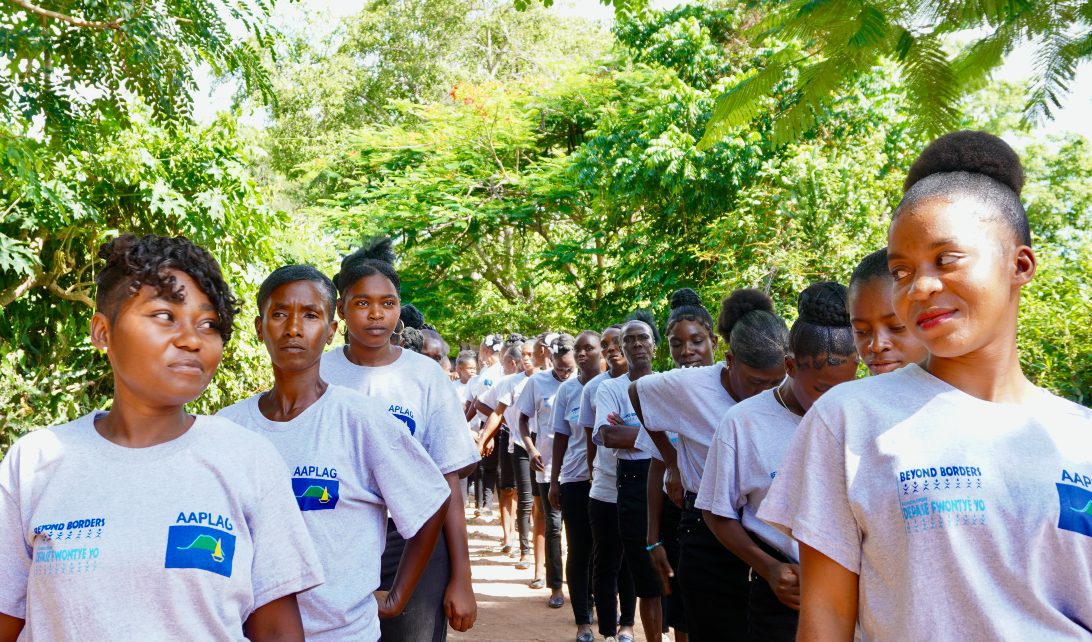If you’re following the unfolding story in the news about the assassination of Haiti’s president, you know a few things:
- Haiti is in an ongoing struggle with violence and lawlessness — one that began long before the murder of the president.
- This assassination further complicated a constitutional crisis and a power struggle among the remaining handful of elected leaders in Haiti.
- Players in the assassination appear to include Columbian mercenaries, a handful of Haitian-Americans, and possibly the head of the presidential guard.
This dramatic story is in the news because it is sensational and helps media outlets attract more viewers and readers. There’s a deeper reality, though, that the headlines mostly miss.
Here’s what I think you should know.
The gains made by grassroots leaders fighting for democracy and human rights in the last decade — gains that you’ve helped make possible — can’t be undone by the drama and the intrigue in Port-au-Prince.
Democracy has certainly been under threat in Haiti, but the violence and instability are in many ways a reaction to the growing insistence among ordinary Haitians for real democratic change and an end to corruption.
When I moved to Haiti in 1988, the country was celebrating the end of the nearly three-decade-long Duvalier dictatorship. The country hadn’t had a real experience with democracy, and many were unclear on what democracy required.
Today Haitians have a much deeper understanding of democracy. There’s a growing grassroots movement of women and men who are committed to participatory, democratic leadership, nonviolence, and the rule of law.
These are the same women and men leading the movements that Beyond Borders is committed to: ending child slavery, preventing violence against women and girls, guaranteeing every girl and boy a quality education, and empowering families to lift themselves out of extreme poverty.
More than ever, Haitians are conscious of and organizing themselves to defend their basic rights. The growth of these movements is evidence of that.
The gang violence that has gripped Haiti for the last six months isn’t simple criminality. It is a reaction to the strength of the grassroots mobilization for change, and it’s been organized and encouraged to stop the movement demanding change.
Politicians, including the late president, used gangs to instill terror in neighborhoods where people were organizing for change.
But the growing movement of Haitians who want an end to impunity and who have a deep thirst for democracy can’t be rolled back or dismantled.
Beyond Borders and the coalition of Haitian and international organizations who share this commitment to democracy and human rights will continue to stand with and be guided by the people of Haiti in this struggle — and that, I believe, is the most important thing to know about what’s happening in Haiti right now.
Thank you so much for your solidarity with our courageous sisters and brothers in Haiti in their struggle for an end to violence and injustice.
David Diggs
Co-Founder & Executive Director | Beyond Borders



